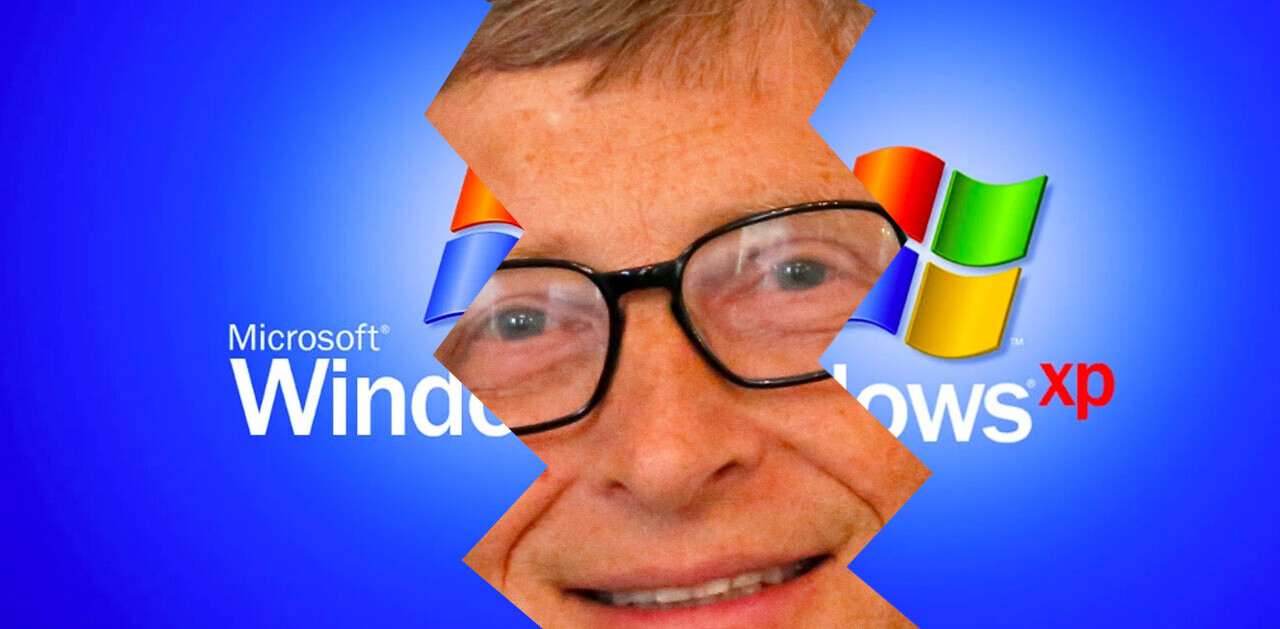
![]() Microsoft, while excelling in any number of product categories, is literally lost at sea in the tablet wars. News today from Computex has a Microsoft executive claiming that Google will lose the tablet competition to Microsoft’s Windows 7 on slate computers.
Microsoft, while excelling in any number of product categories, is literally lost at sea in the tablet wars. News today from Computex has a Microsoft executive claiming that Google will lose the tablet competition to Microsoft’s Windows 7 on slate computers.
Their rationale? When netbooks exploded, Linux was the operating system of choice. Cheap and quick, it fit netbooks well. Head forward a few years and Windows XP had literally overtaken the product segment. As you can already tell, there are a number of flaws with this comparison. We will break them down in just a moment.
The arrogance here is stunning. Not only is Microsoft dismissing Android out of the gate as something trivial (call the Microsoft mobile division, and see what they think), but they are disregarding Apple entirely. I am something of a new convert to the Apple tablet fanboy ranks, but there I stand. I also own a Windows 7 laptop that is tablet enabled. One is usable, one is not. Guess which is which?
The Broken Netbook Analogy
Returning to the netbook example, how fair is the comparison? It is true that Microsoft turned around the situation to its benefit, muscling their way into the segment with sharp discounts that allowed them to steal away market share from Linux in short order.
Is it repeatable in this context? No, and Windows 7 is the problem. While Windows 7 is in my opinion the best operating system for normal computers, and even netbooks I presume, for a tablet computer it is unusable. Windows is suitable for a netbook computing as it employs the same input mechanisms as its more powerful counterparts. Windows was an easy port.
Tablets utilize different methods of input, which renders Windows 7 a scurvy mess. Trust me, I know. I have Windows 7 Professional on a convertible tablet/laptop. The touch abilities are only useful for scrolling through Word documents. They have no other use.
So yes, Windows took over netbooks, a device genre they have strong products in. Tablets require a completely rethought interface, something that we have yet to see from the company. The analogy is a mess; Microsoft has no good tablet option on the market, and thus to claim victory it not merely premature, it is inane.
The Apple Comparison
And of course there is the elephant in the room, the iPad, the only mass market tablet computer out right now. Selling a million a month, the device was designed for touch. For Microsoft to claim that they are going to somehow beat the iPad as the market leader implies an ace of their sleeve the size of Cupertino.
Apple already has a successful product, Microsoft has a weak touch layer for their normal operating system. Which sounds like the future winner to you?
The Google Potential
Microsoft’s comments are especially laughable as Android tablets have by and large yet to hit the market. They will soon enough, and by the truckload, but as it stands there is little to go on in the wild. To write them off now is to prognosticate wildly.
Android, sharing the strengths of the iPad, was designed to be a touch product, giving it a leg up against any Windows 7 touch product that will be released. It will simply be easier to use. Might there be more total features available on a Windows 7 tablet? Perhaps, but it you cannot actually use them what are they good for?
Android, Apple, and Microsoft all want the same turf. Two of them have built products just for it, while the last has not. Microsoft, if Android loses the tablet war, it will not be to you, Apple just won’t be caught. That is of course barring a webOS entry that is stunning, but even still, Microsoft is hardly working to paint themselves in a favourable light. Thse drawing boards? Go back to them.
Get the TNW newsletter
Get the most important tech news in your inbox each week.





